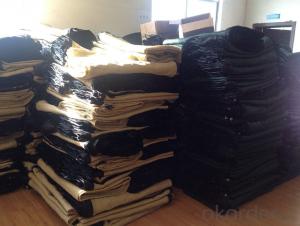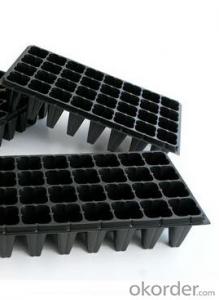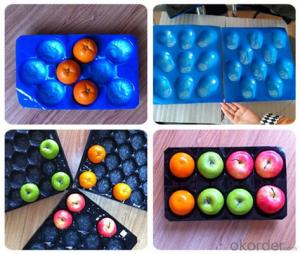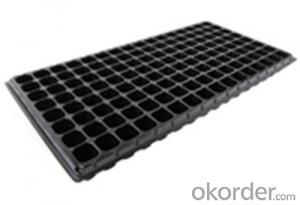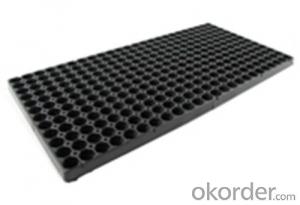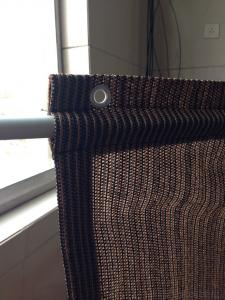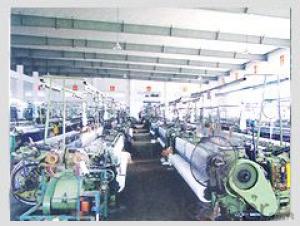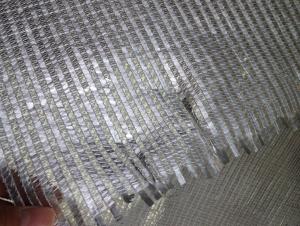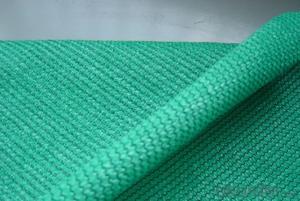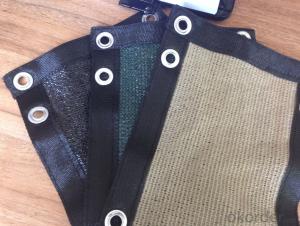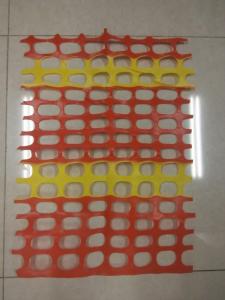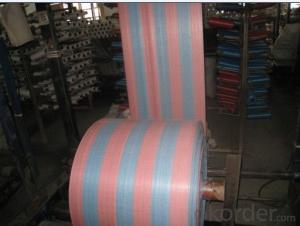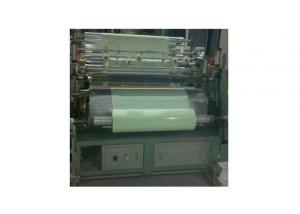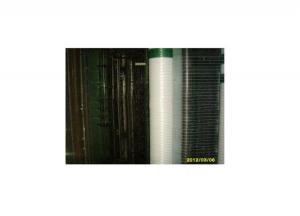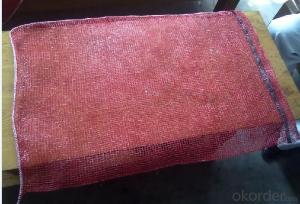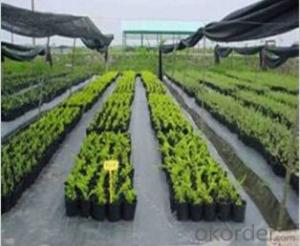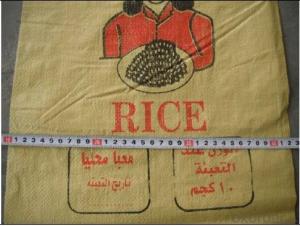Warning Fence Net for Greenhouse
- Loading Port:
- China Main Port
- Payment Terms:
- TT OR LC
- Min Order Qty:
- -
- Supply Capability:
- -
OKorder Service Pledge
OKorder Financial Service
You Might Also Like
Choose CNBM
(1) Technical team: We have a professional technical team. Customer's sample is always welcomed.
(2) Professional factory: We are manufacturer, specializing in manufacturing plastic textile for 7 years; competitive price with good quality. With UV produced by Germany BASF Chemical Company, the products can be endured at least 3 years.
(3) Sample: We can give out sample in 5 days, but the shipment charge usually paid by your side, the fee of it will be rebound when we have formal order.
(4) Rapid response to your needs: We will answer within 24 hours. Welcome to contact us if you have any problems. We are looking forward to cooperating with you.
Specifications
1.Material:100% new HDPE,UV
2.Size: 1.75x15.30m
3.Useful life:3~5 year
4.Color: Dark,Dark Green,Blue,Orange etc.
5.MOQ: 1X20fcl
6.Delivery time:30 days
| |
|
| | |
Material | 100% new HDPE with UV,long service life |
| | |
Weight/sqm | 120~220gsm |
Size | Width:0.5m-3m, Length: as your request |
Samples | 1). sample time: Within 7-15 days. |
2). Sample charge: According to product details. | |
3). Sample refund: Negotiable | |
4). Send sample: Via TNT, UPS, FedEx, DHL Express | |
Sample is free for you to test the quality | |
Payment | T/T, L/C |
| |
| | |
| | |
| | |
| | |
| | |
| | |
| | |
| | |
- Q: How do you prevent disease spread in nursery trays?
- To prevent disease spread in nursery trays, it is important to implement proper hygiene practices. This includes regularly cleaning and sanitizing the trays and tools used, as well as ensuring that the trays are properly drained to prevent water stagnation. Additionally, practicing crop rotation and avoiding overcrowding can help minimize the risk of diseases spreading. Regularly monitoring the plants for any signs of disease or pests and promptly addressing any issues can also be crucial in preventing disease spread in nursery trays.
- Q: How do you prevent ground cover from spreading too much?
- One way to prevent ground cover from spreading too much is to regularly trim or mow it to keep it at a desired height and spread. Additionally, creating physical barriers such as edging or using landscape fabric can help contain the growth and prevent it from spreading beyond the desired area.
- Q: Can you get cancer if thr plastic like gets into the water?
- If you eat enough plastic water bottles, you can get cancer. If you drink hundreds of gallons a week you can get the cancer. What you heard from the news is just political hype engineered to make you scared so you will watch more news for the next big scare. Ignore it. Do what you do and don't worry so much.
- Q: What are the pros and cons of plastic bags?
- Cons Of Plastic Bags
- Q: This question asks about the major difficulties encountered in the production of plastic products used in agriculture.
- <p>Some of the biggest challenges facing the production of agricultural plastic products include the high cost of raw materials, environmental concerns related to plastic waste, the need for sustainable and biodegradable alternatives, technological limitations in the manufacturing process, and strict regulations governing the use of plastics in agriculture. Additionally, there's the issue of maintaining quality and durability while also ensuring that the products are cost-effective for farmers. Overcoming these challenges requires innovation in materials, production methods, and policy support to promote sustainable agricultural practices.</p>
- Q: How do agricultural plastic products aid in water management?
- Agricultural plastic products aid in water management by preventing water loss and improving irrigation efficiency. These products, such as mulch films or drip irrigation systems, create a barrier that reduces evaporation and weed growth, helping to conserve water. Additionally, they facilitate precise water application directly to plant roots, minimizing runoff and ensuring optimal water usage.
- Q: I want a co2 powered airsoft gun that shoots plastic bbs but the only ones i can find shoot metal ones.can i put the plastic bbs into the metal-shooting gun??
- No you cant, because 1. the plastic bbs do not fit into the pellet guns depending on what size you get. there are different sized pellet guns. and note that Airsoft guns and pellet/bb guns are different things. Secondly you can not because pellet guns are usually higher velocity which might break the plastic bbs inside the gun when it is triggered, causing the fractured peices to scatter inside the gun. You can purchase co2 AIRSOFT guns that shoot plastic bbs though. There are only 1 size plastic bbs in different weights. But tehre are up to 5 different sizes. most pellet guns are sized .117 while airsoft guns are mostly .22
- Q: How do agricultural plastic products help with hydroponic deep water culture?
- Agricultural plastic products are crucial for hydroponic deep water culture as they facilitate the efficient management of the growing environment. Plastic materials are used to create containers, trays, and tubes that hold the plants and their roots in place, ensuring proper oxygenation and nutrient delivery. Additionally, plastic covers or films are employed to create a controlled and protected environment, preventing evaporation and maintaining essential moisture levels. Overall, agricultural plastic products play a vital role in supporting the success and productivity of hydroponic deep water culture systems.
- Q: How do agricultural plastic products help with plant growth promotion?
- Agricultural plastic products help with plant growth promotion by providing a controlled environment that protects plants from extreme weather conditions, pests, and diseases. They also aid in moisture retention by reducing evaporation, thus ensuring a consistent water supply. Additionally, plastic mulches can prevent weed growth, conserve soil moisture, and regulate soil temperature, all of which contribute to enhanced plant growth and productivity.
- Q: How can I judge that a plastic surgeon is trustable? Are there other factors than his board certification and experience?
- Of okorder relevant. We enquired the patients there and they were satisfied with the results. Finally, the surgery was undergone and his face looks better than before. I suggest, have a detailed research before choosing a surgeon since it’s the matter of your health and appearance.
Send your message to us
Warning Fence Net for Greenhouse
- Loading Port:
- China Main Port
- Payment Terms:
- TT OR LC
- Min Order Qty:
- -
- Supply Capability:
- -
OKorder Service Pledge
OKorder Financial Service
Similar products
Hot products
Hot Searches
Related keywords
